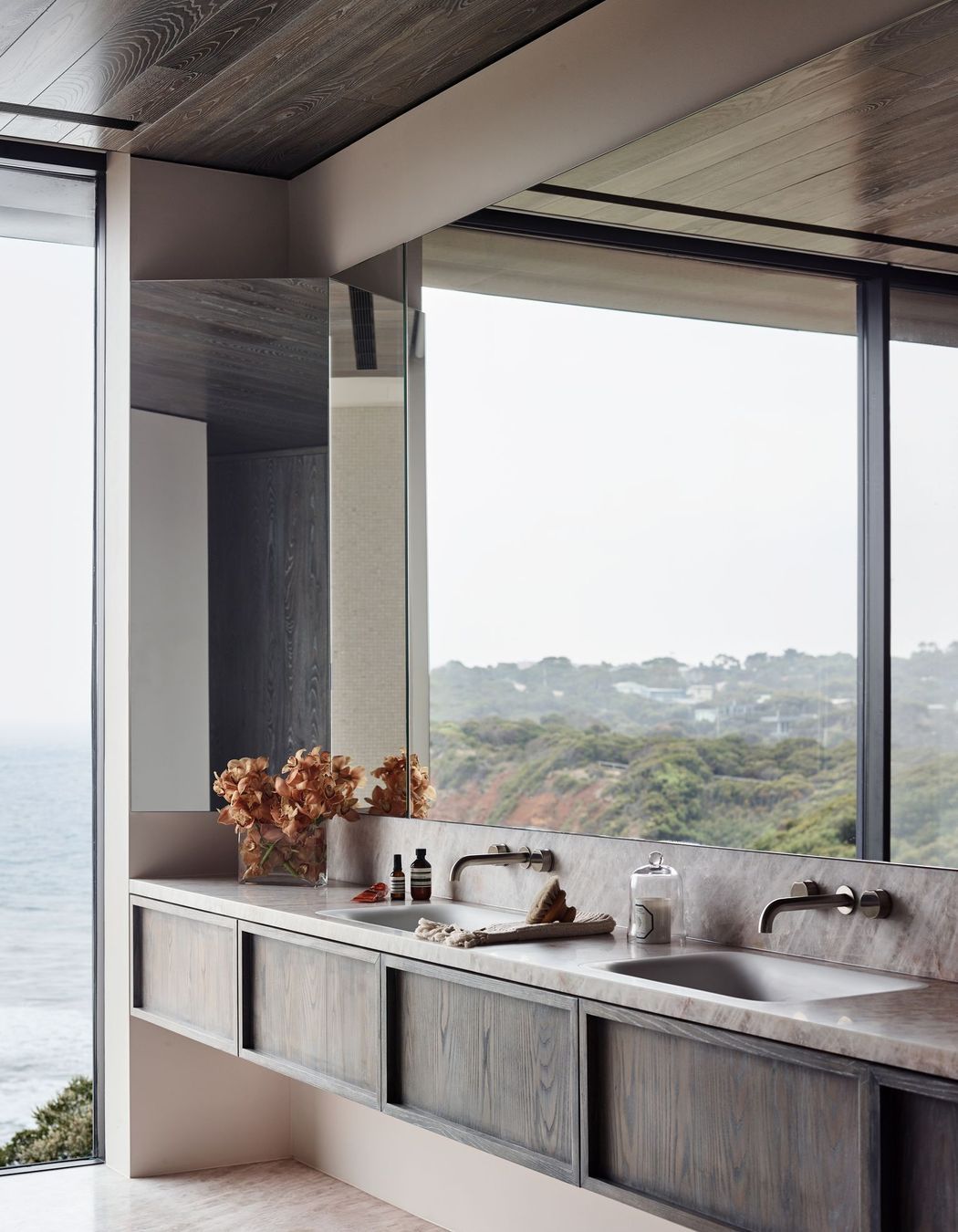Renovating? Here’s what you need to know before you start
Written by
02 March 2022
•
4 min read

Regardless of whether you’re looking to add value to your home through strategic improvements or completely overhauling your aesthetic to create the home of your dreams, renovating can be a stressful and often arduous process. However, the right home renovations can add both financial and intrinsic value to your home, allowing you to imbue your home with a unique touch.

Unlike a new build property, home renovations don’t start with a blank canvas. Hence, it’s essential to approach renovating your home with a few key factors in mind. With that in mind, put down the tools and step away from that supporting wall. Here’s everything you need to consider before you start renovating your home.

Establish your renovating goals
Though it may seem obvious, this is a step many people skip. However, before beginning to remodel, it’s essential to assess why you want to renovate in the first place. Renovating your home to add to overall quality of life will look a lot different than renovating to improve property value. If the former is the key motivator, comfort and livability will take priority, making it important to consider the way your family dynamic will look in the future and how much living space you’ll require.
Meanwhile, if your renovation is primarily driven by a desire to add financial value to your property, financial considerations will be front of mind. The goal here should be to make your property desirable to a wide scope of prospective buyers without breaking the bank. It might be beneficial to consult a real estate professional to attain a better understanding of the qualities that are sought after in properties in your area and the ways in which you can elevate your home.

Consult & enlist the experts
When it comes to renovating, it saves both time and money to have things done right the first time around. If you’re working to restore an old building or are struggling with the layout of your property, working with an architect or building designer can make life easier. Although DIY fixes can be tempting, bigger jobs should be left to experienced builders and tradespeople. Some builders will also double as project managers and play a crucial role in keeping the renovation on track, so when asking for quotes it’s best to enquire whether this service is included.
A key error many people make is investing in a beautiful architecturally-designed property or renovation, but leaving the interiors to chance. An interior designer will ensure your home is both practical and aesthetically cohesive. For those renovating to add value, there are interior designers who specialise in styling homes for sale.

Decide on a specific design style
Contemporary or heritage? Minimalist or maximalist? Perhaps somewhere in between… to ensure a cohesive flow throughout your home, it’s best to decide on a set interior design style as this will influence not only how you furnish your newly renovated home, but also the materials, fixtures, and design elements you select. For example, a church-style painted window would look a tad out of place in an industrial-style home, while sleek brushed gold hardware looks best in contemporary kitchens rather than country style ones.
Related article: Most popular interior design styles in Australia

…that being said, actually spend time in the space first
Particularly important when renovating a property you’re planning to live in for the coming years is to actually spend time in the space. While structural changes should be executed efficiently and effectively, it can be good to hold off on making certain aesthetic decisions like wallpaper designs or paint colours, carpet or hardwood floors, light fixtures and hardware, and decorative pieces. These choices are often best made after the major elements of the renovation have been completed. After all, millennial pink walls can look a lot better in theory than in reality.
Words by Tanisha Angel